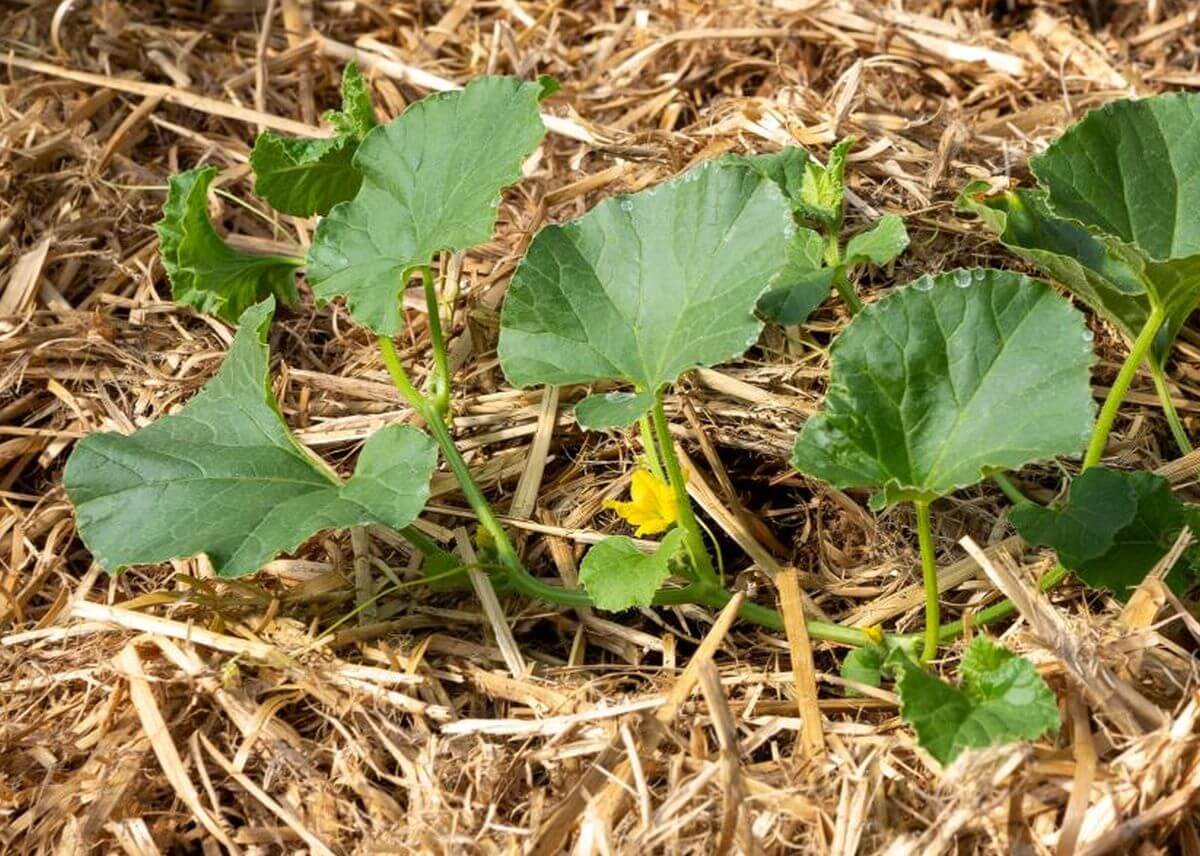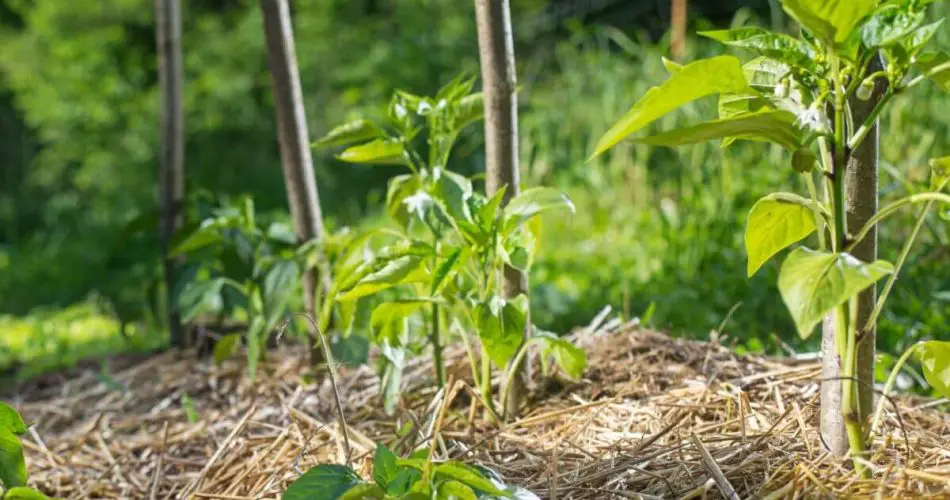Maintaining a thriving vegetable garden requires a strategic approach, and one key practice that can significantly enhance your gardening experience is mulching. In this article, we’ll delve into the six compelling reasons why mulching your vegetable garden is a game-changer.
1. Water Conservation: Vegetables, being water-intensive, demand consistent watering for optimal growth. Mulching comes to the rescue by reducing water evaporation from the soil. Applying a 5 cm thick layer of mulch, such as grass clippings, decreases water evaporation by 40% in just three days. This means even if you miss a day or two of watering, the retained moisture will sustain your plants until your regular watering routine resumes.
For vacations or extended absences, adding an extra layer of mulch before departure ensures sufficient moisture for plants like okra, which thrive with additional root zone moisture. Mulching not only eases the burden of watering but also contributes to water conservation, particularly in regions facing water scarcity.
2. Weed Suppression: Mulching acts as a natural barrier against weeds. By covering the soil around your vegetable plants, you create an environment where weed seeds or young shoots cannot receive the sunlight needed for germination and growth. Applying mulch immediately after transplanting seedlings is crucial to prevent weed establishment.
3. Temperature Regulation: Mulch serves as an insulator, maintaining consistent soil temperatures. In hot weather, it keeps the soil cool, and in cold regions, it prevents rapid freezing. This stability benefits soil-dwelling organisms and protects plants from extreme temperature fluctuations.
4. Soil Enrichment: Organic mulches, as they break down over time, enrich the soil with valuable nutrients. This breakdown fosters an environment conducive to beneficial soil organisms, contributing to the overall health of the soil. Mulching is particularly effective in minimizing soil erosion, preserving nutrients, and creating a sustainable, nutrient-rich foundation for your plants.

5. Nutrient Retention: Mulch acts as a shield, preventing essential nutrients from being washed away by water. This protective layer ensures a long-term preservation of soil health, reducing the need for frequent nutrient replenishment.
6. Time-Saving Advantage: Perhaps the most enticing benefit, mulching significantly reduces the time and effort spent on watering and tending to your plants. With mulch doing the heavy lifting, your role shifts to monitoring plant health and enjoying the fruits of your labor.
Mulching Tips: For optimal results, aim for 5 to 8 cm of mulch around most vegetable plants. The frequency of mulch replacement depends on the material used. While hay or grass clippings may decompose rapidly, requiring more frequent replacement, durable options like wood chips have a slower decomposition rate, necessitating replacement every few months.
Mulching isn’t limited to plant bases; consider mulching broader areas around plants to create accessible pathways for watering and harvesting.
What type of mulch do you use in your vegetable garden? Share your experiences and advice with fellow gardeners who may be contemplating the benefits of mulching!



